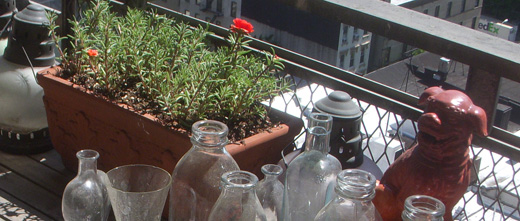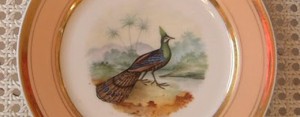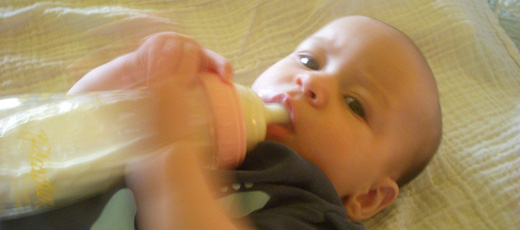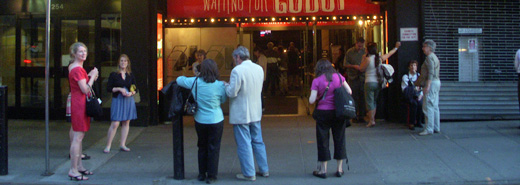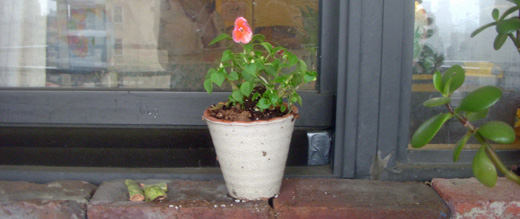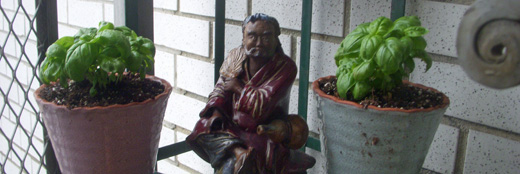
The old régime
Although I never tried to write anything today (except of course the Daily Office, and this), I am very happy with this day-to-myself. There were minor worries and annoyances — a credit card has been compromised (but not so badly that I can’t continue to use it until the replacement arrives), and the tower computer has shown a few troubling signs of systemic instability.
And I suppose I ought to note that nothing very amusing happened. I was delighted by the job that Morning Calm (our wonderful neighborhood framer) made of some old prints that Kathleen grew up with, and that badly needed refreshing, but in mitigation there was a complete lack of ideas about where to hang the things. I ran over to the gallery while Jason was here (see “instability,” above), and picked up the dinner menu on my way home. Am I pleased with the day in spite of these humble doings or because of them? It’s hard to say, because it’s a mixture of both.
I played a round of Dwindling Lump, the fascintating household storage game. A large shopping bag full of clean, empty bottles gave way to a decidedly less voluminous box-full 0f miscellaneous kitchen doodads. The doodads were evicted from a bin to make room for baking supplies (extracts, Karo, and other things that are not wanted in everyday cooking), so that the empty bottles could have the baking supplies’ (rather inappropriate) place in the kitchen. The point of the game of Dwindling Lump is that the detritus that remains unplaced at the end of each round takes up fewer cubic feet . I am approaching zero with a zest that laughs Zeno’s paradox to scorn.
What really happened today was the decision to mount a new site, www.dailyblaguereader.com, designed expressly to be read on an iPad. The content will be the same, but the look and feel will be vastly simpler than that of The Daily Blague proper. No blogroll, no “Categories.” No comments. In important ways, the new DB won’t be a blog at all. It will be the functional equivalent, really, of the pseudo-blog that I created toward the end of the summer of 2004, when I was wrestling with the question, “Do I need a blog?” Â
The genesis of the new site condensed in the course of a conversation with Steve Laico, the man who makes my sites real. I’d scheduled the phone meeting because I felt that a talk was in order, but I had no idea of what I was going to say. I knew that I wanted to do something in the way of iPad-specific design, but the particulars didn’t emerge until the conversation was well underway.
So, in case anyone is interested down the road, today is “when it happened.” The actual launch of the new site won’t be what matters. It may be that, as has often happened before, I’m uselessly ahead of the times. Great idea, but no takers yet. I don’t think so, though. I write for readers, and, as a reader, I can see that the iPad nothing less than rescues the whole business of reading from the personal computer.
Not that I’ll ever write a single entry for any of my sites on an iPad. We will all continue to work at our computers. We just won’t use them for reading.
